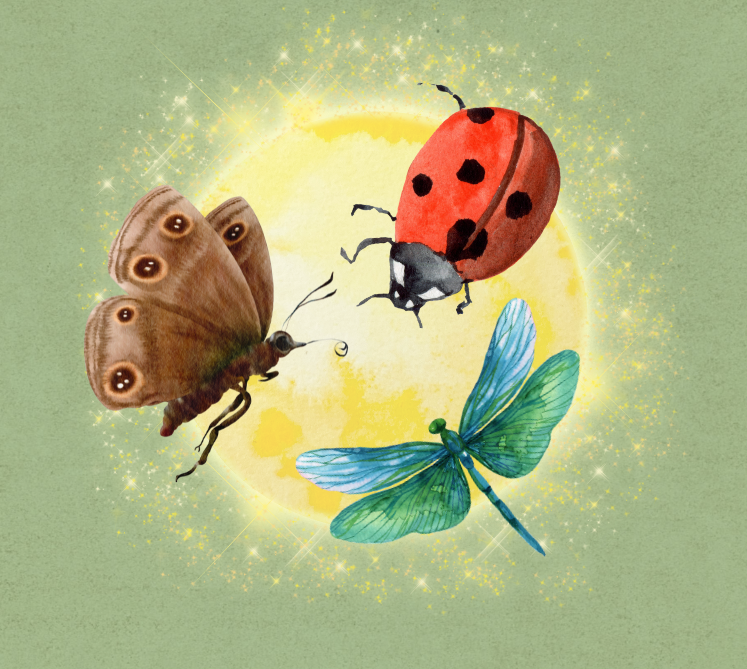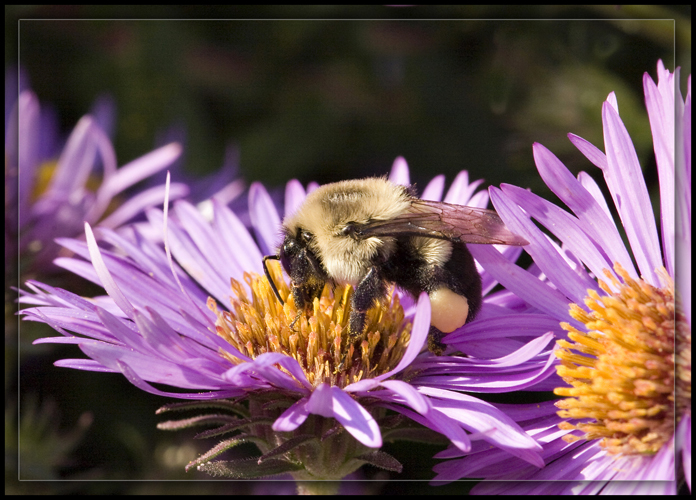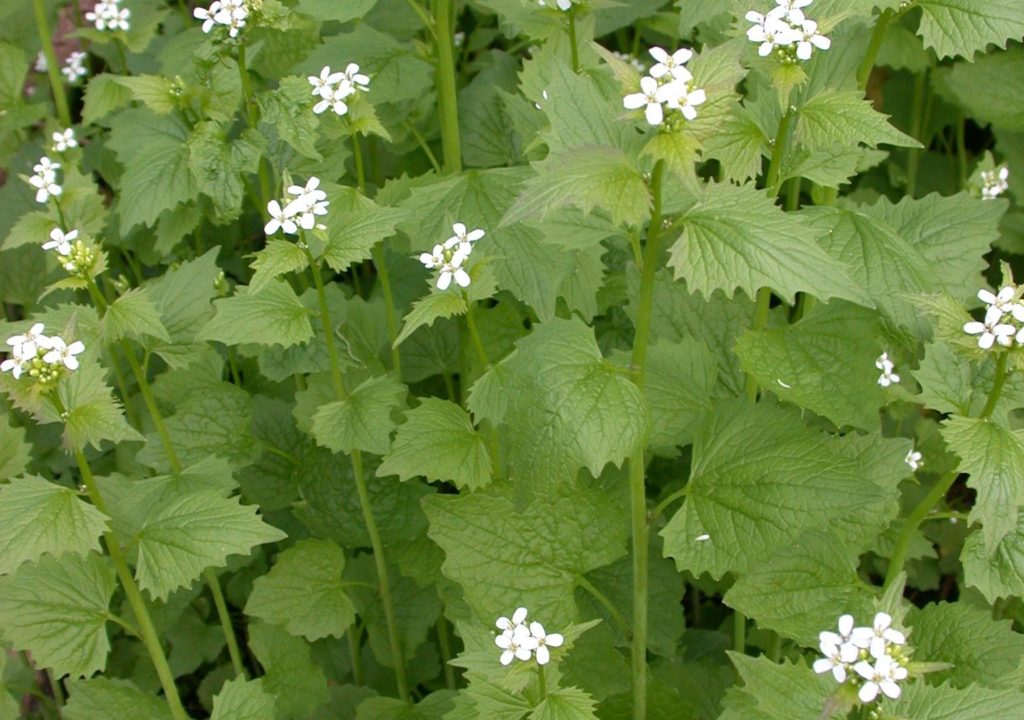
Ah, the bug zapper. That iconic glow might make you feel like you’ve got a high-tech fortress against the six-legged invaders in your backyard. But before you don your cape and declare war on pests, let’s dive into why bug zappers are more of a flop than a fly-swatter in your gardening arsenal.
Bug Zappers: The Ineffective Guardians
First, let’s tackle the big myth: bug zappers don’t actually work on bugs – well, not the ones you want to get rid of, anyway. These buzzing contraptions are supposed to lure insects with their ultraviolet light and then zap them into oblivion. The problem? Most pesky insects like mosquitoes, blackflies and deerflies are not attracted to UV light. They’re more interested in the carbon dioxide you exhale and the scent of your sweat. So, unless your bug zapper starts offering a spa treatment, those biting pests will continue to make you their buffet.
A Deadly Trap for the Good Guys
 Now, let’s talk about the collateral damage. Bug zappers have a broad spectrum of victims, many of which are beneficial or harmless to humans. Take moths, for example. These nighttime pollinators are crucial to our ecosystems, helping plants reproduce and providing food for other creatures. Bug zappers, however, seem to have a vendetta against these gentle fliers. Studies show that a significant number of the insects zapped are non-pest moths.
Now, let’s talk about the collateral damage. Bug zappers have a broad spectrum of victims, many of which are beneficial or harmless to humans. Take moths, for example. These nighttime pollinators are crucial to our ecosystems, helping plants reproduce and providing food for other creatures. Bug zappers, however, seem to have a vendetta against these gentle fliers. Studies show that a significant number of the insects zapped are non-pest moths.
 But the massacre doesn’t stop there. Many other beneficial insects, like beetles including ladybugs, fall prey to the zappers. Beetles, including Ladybugs help control natural predators of harmful garden pests like aphids! Beetles also play a crucial role in decomposing organic matter, such as dead plants. As they break down this material, they help recycle nutrients back into the soil, enriching it and supporting plant growth. By zapping them, we disrupt this vital ecological work and reduce the overall health of our gardens.
But the massacre doesn’t stop there. Many other beneficial insects, like beetles including ladybugs, fall prey to the zappers. Beetles, including Ladybugs help control natural predators of harmful garden pests like aphids! Beetles also play a crucial role in decomposing organic matter, such as dead plants. As they break down this material, they help recycle nutrients back into the soil, enriching it and supporting plant growth. By zapping them, we disrupt this vital ecological work and reduce the overall health of our gardens.
 Dragonflies are incredible assets to our ecosystems, serving as both pollinators and the the ultimate pest-busters! They help manage mosquito and fly populations, which benefits both humans and other wildlife. These agile insects also indicate healthy aquatic habitats, as they spend part of their lives in water. Unfortunately, dragonflies often get stuck in bug zappers, falling victim to the very devices meant to reduce pests. This disrupts this balance, leading to increased pest problems and weakening ecosystem health. Protecting dragonflies ensures a healthier environment and helps keep those pesky mosquitoes in check.
Dragonflies are incredible assets to our ecosystems, serving as both pollinators and the the ultimate pest-busters! They help manage mosquito and fly populations, which benefits both humans and other wildlife. These agile insects also indicate healthy aquatic habitats, as they spend part of their lives in water. Unfortunately, dragonflies often get stuck in bug zappers, falling victim to the very devices meant to reduce pests. This disrupts this balance, leading to increased pest problems and weakening ecosystem health. Protecting dragonflies ensures a healthier environment and helps keep those pesky mosquitoes in check.
The Alternatives: Smarter, Safer Choices
So, if bug zappers are out, what’s a gardener to do? Here are some fun, effective and eco-friendly alternatives:
- Mosquito-Repelling Plants: Lavender, marigolds and citronella grass can help keep mosquitoes at bay. Plus, they add beauty and fragrance to your garden.
- Bat Houses: Bats are mosquito-eating machines. Set up a bat house, and let these nocturnal hunters patrol your yard.
- Bird Baths and Feeders: Birds like barn swallows, chickadees and warblers devour insects. Invite them in with bird-friendly landscaping, providing water sources and avoiding pesticide use can help naturally control mosquito populations.
- Fly Fans or Oscillating Fans: Keep the air moving with fly fans or oscillating fans. These create breezes that flying insects have difficulty navigating, helping to keep them away from your outdoor spaces. Fly Fans are only $10.00 a pop and can be used in various outdoor settings including patios, decks and picnic areas. They can also be used indoors in barns, stables or other areas where flies are a common nuisance.
- Standing Water Maintenance: Mosquitoes require standing water to breed and lay their eggs. By eliminating or reducing standing water sources in your garden, you can significantly decrease mosquito populations. Regularly inspect your garden for any containers, tires, bird baths or other items that can collect water. Empty these containers or treat them with larvicides (no harm to wildlife, except to mosquito larvae!) to prevent mosquito larvae from developing.
Conclusion
Bug zappers are not the heroes of the insect world. They’re more like misguided vigilantes, taking out the good guys while missing the real culprits. By choosing smarter, garden-friendly methods, you can keep your garden pest-free and buzzing with life. So, let’s retire those zappers and embrace a more harmonious approach to pest control. Your garden, and the insects that help it thrive, will thank you.





About The Author: Darlene Davis
Darlene's gardening expertise encompasses a range of areas, including organic gardening practices, pollinator gardening and flower farming. She is an experienced flower farmer with a wealth of knowledge in Floriculture. Darlene is an alumna of the University of Guelph's Horticulture program, as well as the Gardener's Workshop and the Floret Workshop.
More posts by Darlene Davis